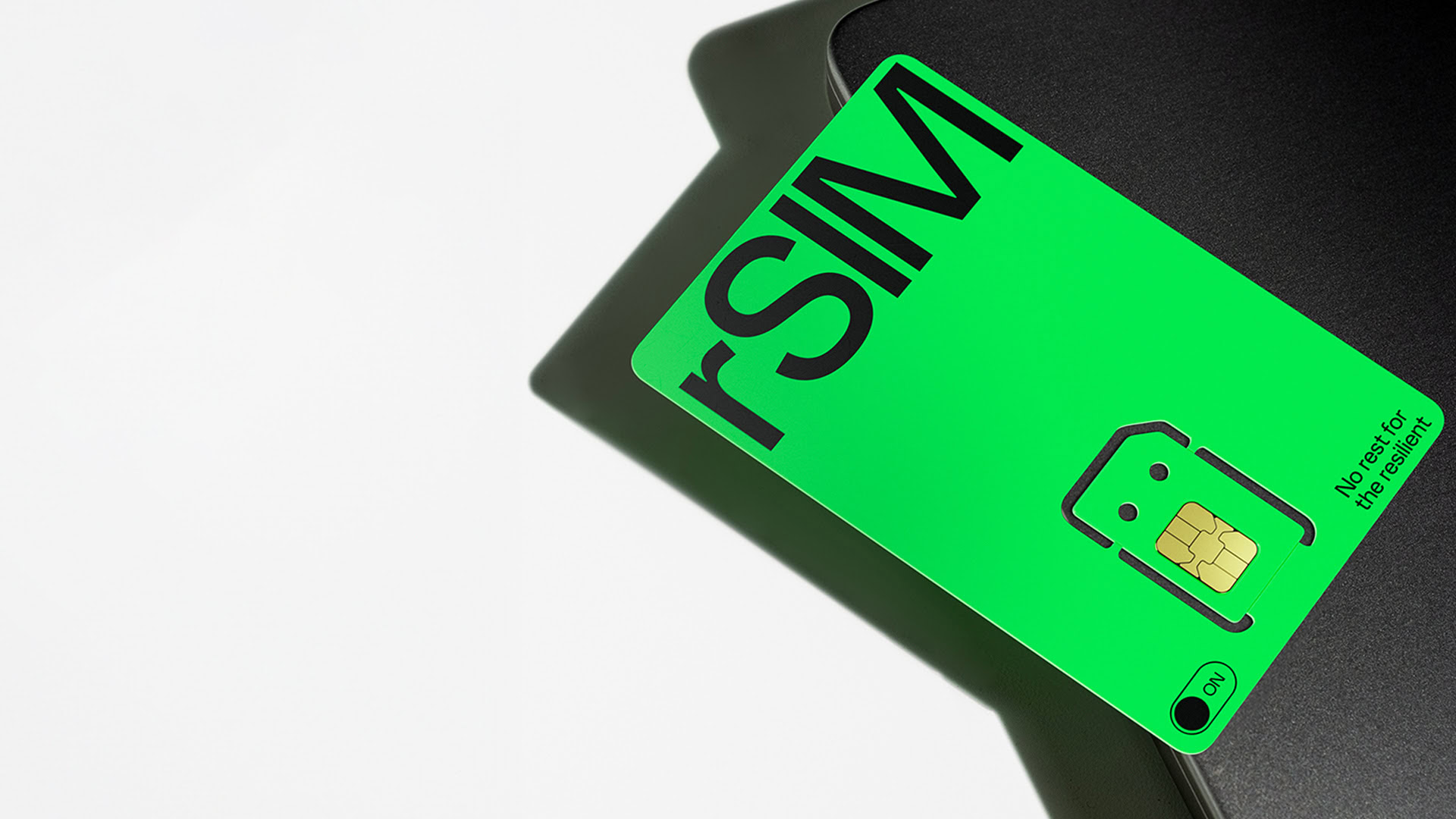This new SIM tech lets you use a ‘backup’ SIM on your SIM card
![]()
- rSIM is a new SIM tech that lets you pack a backup SIM in your SIM card.
- It claims to test your device’s connection directly from the SIM itself and switches providers automatically during disruptions.
- This should theoretically help maintain always-on connectivity.
We don’t think about the SIM inside our phone that often, but it inarguably has some of the most critical connectivity functions to serve. Without a SIM, your phone will not connect to a network, and you will be left without 4G, 5G, calling and texting features. That’s one reason why many people prefer using dual-SIM phones, as they can stay connected through the second network if the first one goes down. If that has been your concern, a new SIM tech lets you use one SIM card to pack in two SIMs so that you retain always-on connectivity.
CSL Group has announced the new “rSIM” tech, short for Resilient SIM. rSIM claims to use patented tech to check its own network connectivity and switch providers automatically if and when disruptions happen. rSIM stores two independent mobile operator profiles on a single SIM card, so you always have a backup telecom connection with you. Deutsche Telekom IoT and Tele2 IoT have been announced as rSIM’s first connectivity partners.
rSIM claims to be testing your device’s connection directly from the SIM itself, though it gives an opportunity for the device to connect to roaming networks to re-establish connectivity. Switching to a backup profile only happens when roaming fails to re-establish a connection.
From our understanding, rSIM won’t auto-magically convert single SIM devices into dual-SIM devices (as you often need additional hardware like transceivers and even need an additional IMEI to be issued). But the tech could come in handy if your primary purpose of holding a second SIM is for backup connectivity.
On the phone side of things, you can still either buy phones with dual-SIM slots, or those that support eSIM profiles for a dual-SIM configuration. But having rSIM as an option will be appreciated in use cases like IoT, where even the tiniest of downtimes could be unhelpful, and you don’t necessarily need a second active connection all the time.

